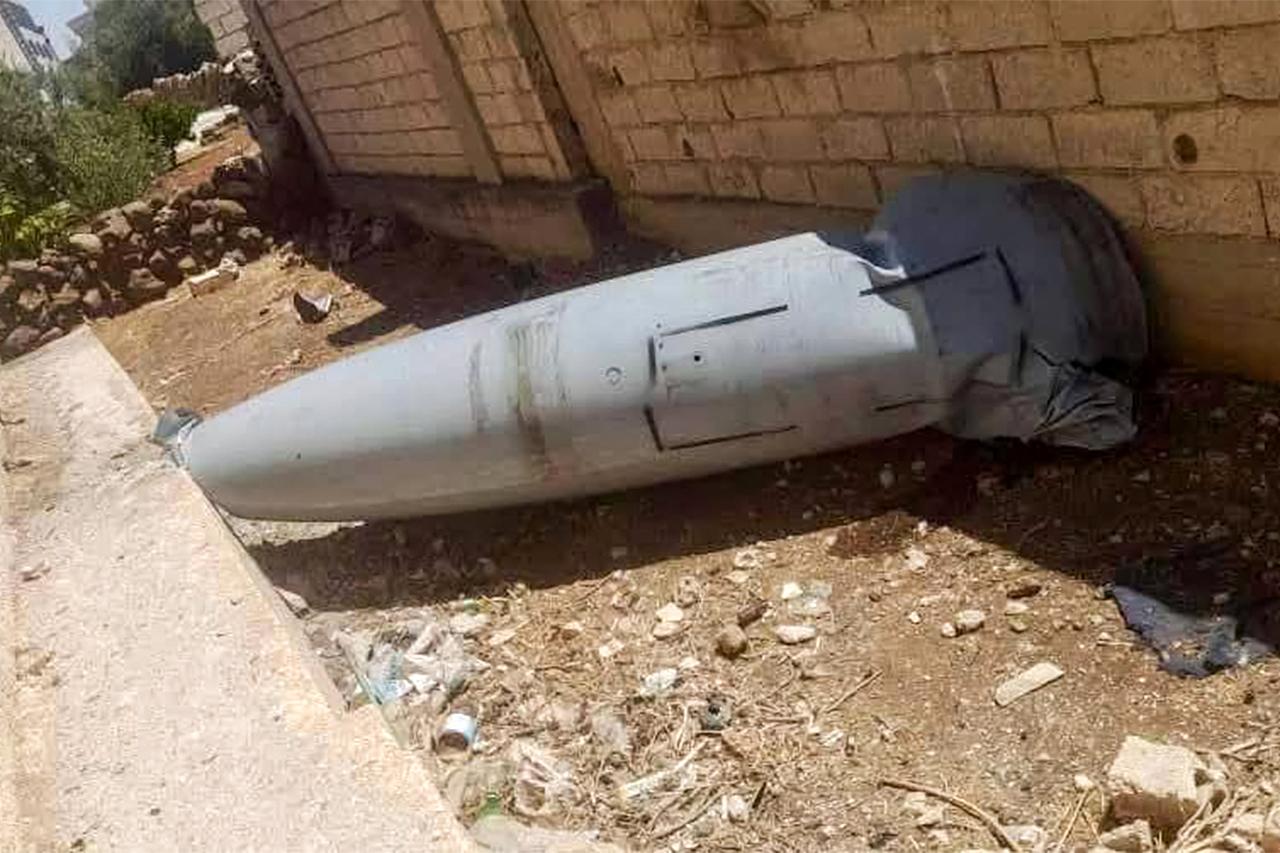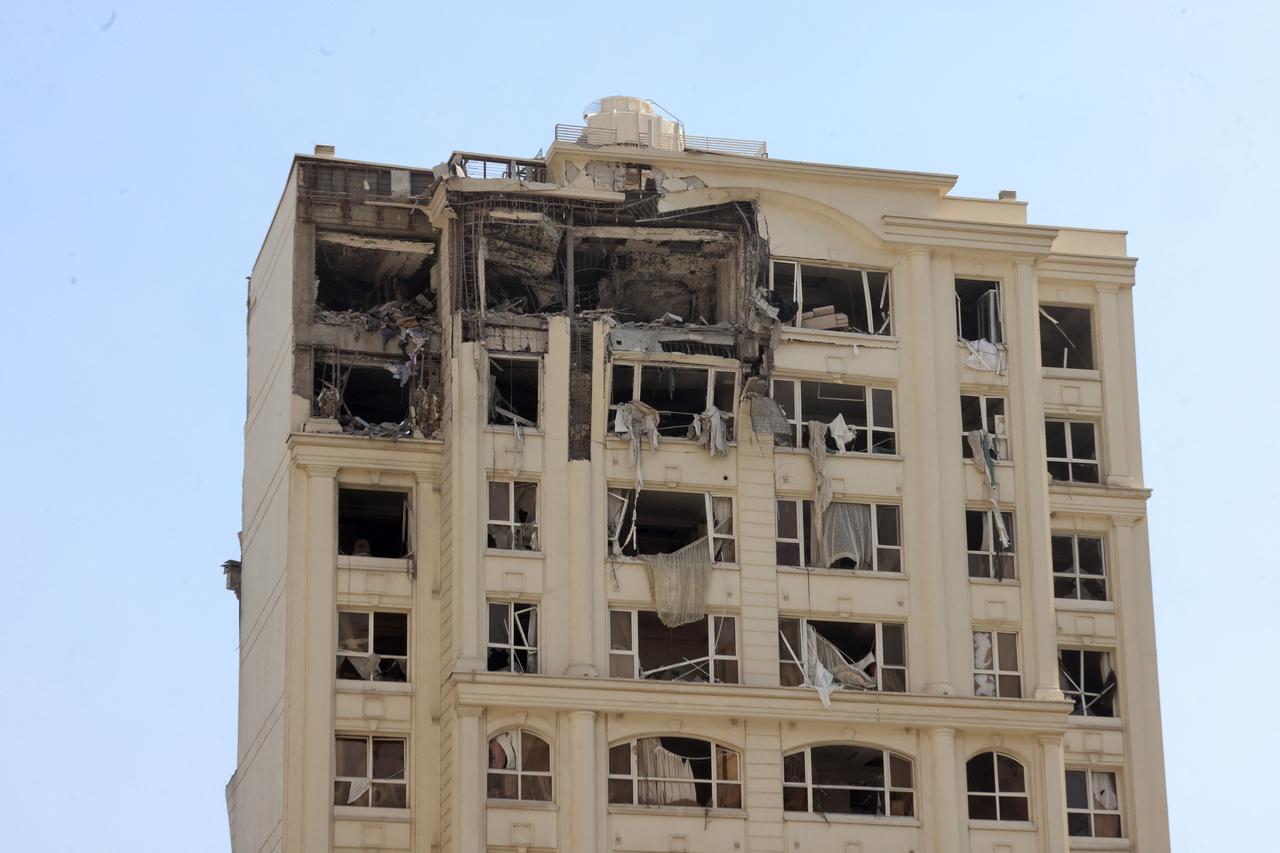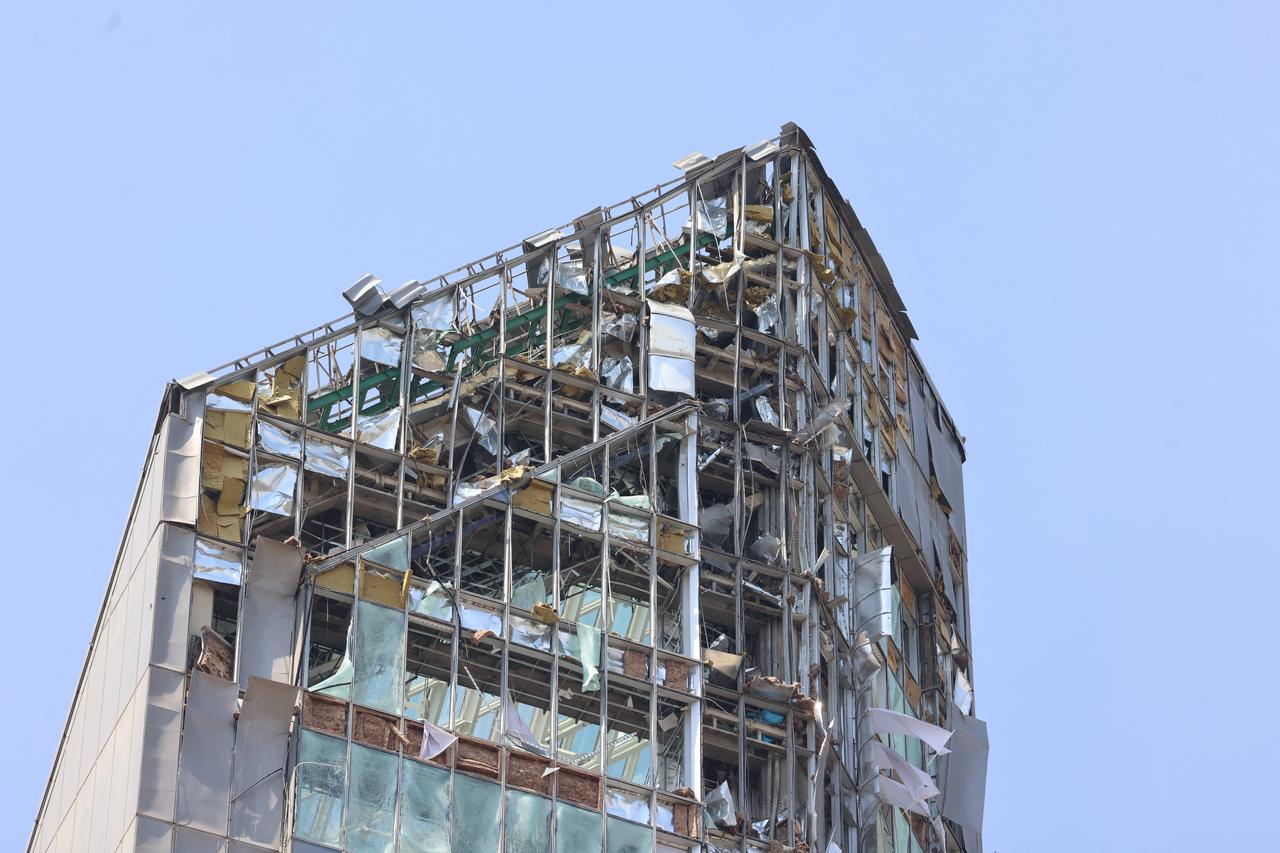
Israeli forces targeted the strategically located city of Tabriz in northwestern Iran, situated approximately 200 kilometers (124.27 miles) from the Turkish border, in a coordinated attack that sent shockwaves through the region on Friday.
The proximity of the strikes to Türkiye's border has raised concerns about regional stability, as explosions and military activity occurred in Tabriz, which borders Turkish territory.
The attacks began in the early hours of Friday and were part of Israel's broader operation, hitting at least 100 targets across Iran, including nuclear and military sites.
Fire broke out at Tabriz airport in northwestern Iran on Friday after an Israeli strike, Iranian media reported. Mehr news agency published video footage showing fire and smoke billowing from the airport facility.
The airport strike represents a significant escalation, as it targeted civilian infrastructure in a major Iranian city located near the Turkish frontier. Tabriz airport, serving as a key transportation hub for northwestern Iran, sits approximately 200 kilometers from Türkiye's border, making it one of Iran's closest major airports to Turkish territory.
Multiple explosions were reported in Tabriz, the major city in the eastern province that sits near the Turkish border. One witness described a "huge amount of smoke" rising from the Tabriz Fakouri air base after several missiles struck the strategic military site, according to Rokna.
The Tabriz region, due to its proximity to Türkiye, serves as a crucial area for Iran's northwestern defense infrastructure. Another resident noted hearing "several and several explosions" over two hours, indicating sustained bombardment of military targets in the border area.
Secondary reports mentioned explosions at a ballistic missile facility near Tabriz, highlighting the strategic importance of the region's military installations just 200 kilometers from the Turkish frontier.

Iranian President Masoud Pezeshkian responded to the attacks in a televised message, stating that Iran would not remain silent.
"This barbaric action, which is contrary to all international obligations, confirms the criminal nature of the illegitimate Zionist regime that has built its existence on occupation, aggression and killing babies," Pezeshkian said.
The Iranian president added, "Of course, the country's officials and the Iranian people will not remain silent in the face of this crime. The legitimate and strong response of the Islamic Republic of Iran will make the enemy regret its foolish move."

Iran launched approximately 100 drones in retaliation against Israel, according to the Israeli military, which reported that "most" were intercepted outside Israeli territory.
Iran's foreign minister called the Israeli attacks "a declaration of war" and urged U.N. Security Council action. Supreme Leader Ali Khamenei warned Israel faces a "bitter and painful" fate over the attacks, with replacements swiftly named for the killed military commanders.
Internet restrictions were imposed across Iran, the country's communications ministry said, adding they would be lifted "once normalcy returns."
Israeli Prime Minister Benjamin Netanyahu confirmed the country had launched attacks on Iran, stating that the raids will "continue as many days as it takes." The strikes targeted 100 sites across Iran, including nuclear and military installations.
Israeli Defense Minister Israel Katz announced the declaration of a state of emergency in the country.
The Israeli military revealed that the operation involved extensive air assets, with Trump noting that Israel has "a lot of weapons thanks to the United States and they know how to use it."